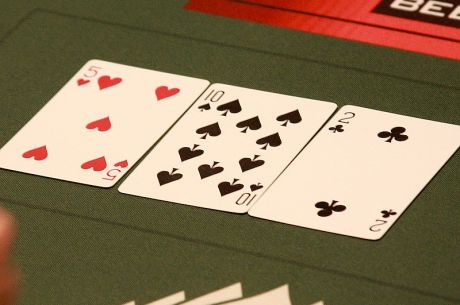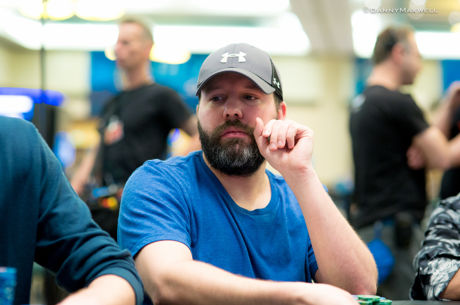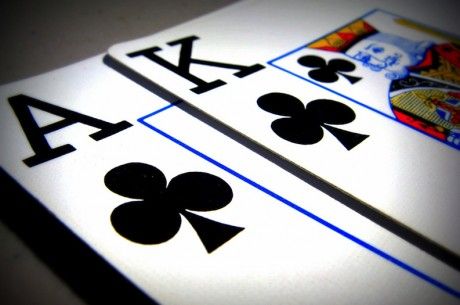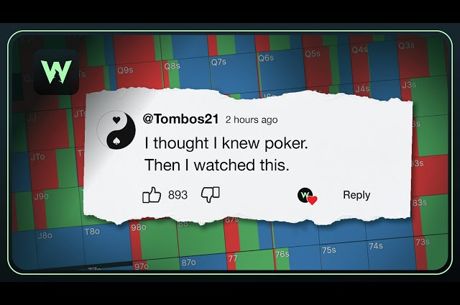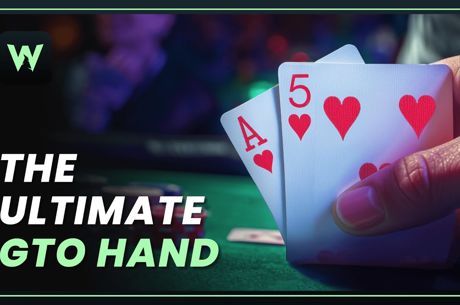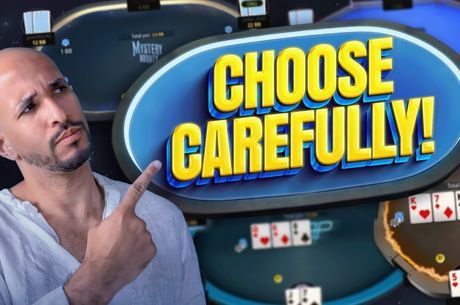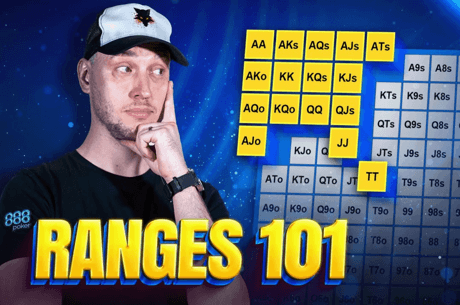Getting Smart with Ace-King, a Troublemaker of a Hand
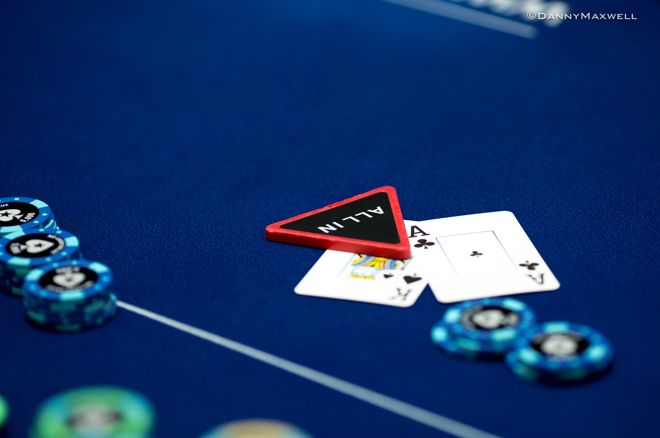
While at the European Poker Tour Prague festival this week, I witnessed an interesting hand play out in one of the side events, the Eureka Prague Main Event, that highlighted just how much of a troublemaker one particular hand can be in no-limit hold'em — ace-king. This despite the fact that in the hand neither player even had ace-king. But ace-king still caused trouble.
I'll just summarize the hand in a general way, as it illustrated a situation and thought process we've all seen before many times, and probably have been guilty of ourselves.
It was the very end of the night on the second day of the event. The tournament had reached the money earlier in the day and was down to eight tables or so, meaning the really big money was still a good ways away. The stacks were also still relatively deep, and this particular hand played out between a couple of the bigger stacks left in the event — one player was among five vying for the chip lead, and the other was well above average.
There had been enough preflop betting to start building a pot, then after a 9♦5♥6♦ flop the player with fewer chips led with a bet and the other responded with an all-in push. That sent the first player into the tank, knowing that if he were to call and lose he'd be out, but to call and win would mean having the chip lead to start the next day.
He thought for a long time, speaking aloud as he considered the situation and his opponent's hand. Eventually he said the phrase that helped spur this reminder about Big Slick and the trouble it causes.
"I think you're playing ace-king," he said.
Not being privy to recent hands played between the pair, I won't try to guess whether this suspicion of bluffing was well founded or not. In any event, the player ended up calling and showing A♠5♠ for bottom pair. His opponent wasn't playing ace-king, but Q♠9♣ — it had been a bold bet, for sure, but not an out-and-out bluff. The latter player won the hand after the turn and river brought blanks, and the caller was eliminated.
That's a frequent occurrence, related to an even larger issue having to do with narrowing ranges artificially by ruling out hands that beat you, and keeping in hands that you beat. We all do it now and then, trying to find ways to think positively — or, to be more accurate, hopefully — about our hands and give ourselves reasons not to let them go.
Ace-king in particular looms as a kind of "go-to" choice for those wanting to imagine an opponent having a strong starting hand before the flop but not having a "made hand" once the community cards have begun to arrive.
When someone opens with a raise or reraises before the flop, AxKx is rightly included in the range of that player's possible holdings. When that player then makes a show of strength after the flop, AxKx can continue to seem a possibility, even if the board comes nine-high. But we have to be careful not to allow the relative value of our own hand unreasonably influence us to "put him on ace-king" in order to imagine a scenario that will end more preferably for us should the hand continue.
Interestingly, when we think about how much trouble ace-king causes we probably tend first to think about how hard the hand can be to play after the flop when we have it and fail to improve.
Andrew Brokos wrote a great article here a while back focusing on this very problem of "When Ace-King Misses," arguing in particular how it is often good to play the hand aggressively preflop. He outlines possible outcomes that can follow your raising with AxKx, including the one in which you miss the flop and have to negotiate continuing with just ace-high.
From earlier this year, Mo Nuwwarah discussed an interesting hand from the PokerStars Caribbean Adventure in which a player took the route of playing ace-king aggressively postflop after having missed. See his "Missing with Ace-King: Analyzing a Big Bluff in the PCA Main Event" for a breakdown of the hand and related discussion about playing an unimproved ace-king.
Also check out another smart discussion of the hand in an article by Nate Meyvis titled "A Planning Exercise: What If I Get Ace-King?" Meyvis invites us to think about how we might play ace-king at a given table against a given set of opponents, using that as a means to improve our focus and readiness to respond to what others are doing.
To circle back to that Eureka Prague Main Event hand, it occurred at a stage in the tournament when it often happens that players will overplay AxKx, getting in very deep stacks either before or after the flop without a pair. That was likely part of the caller's thinking, actually. It is that very tendency to overplay ace-king ourselves that can sometimes heighten the suspicion that an opponent is doing the same thing — that is, has "gone crazy" with ace-king and thus can be called down with anything that beats ace-high.
The best players make relatively few egregious mistakes with ace-king, at least compared to others. Getting a better understanding of how to play the hand well can position you better not to make the related mistake of assuming others are playing ace-king recklessly or in exploitable ways. That is to say, getting smart with ace-king yourself can help you be smarter in your reads of how others might be playing ace-king.

